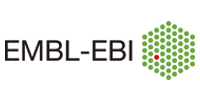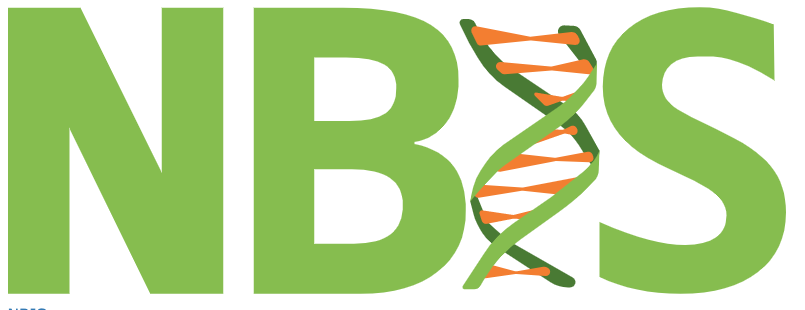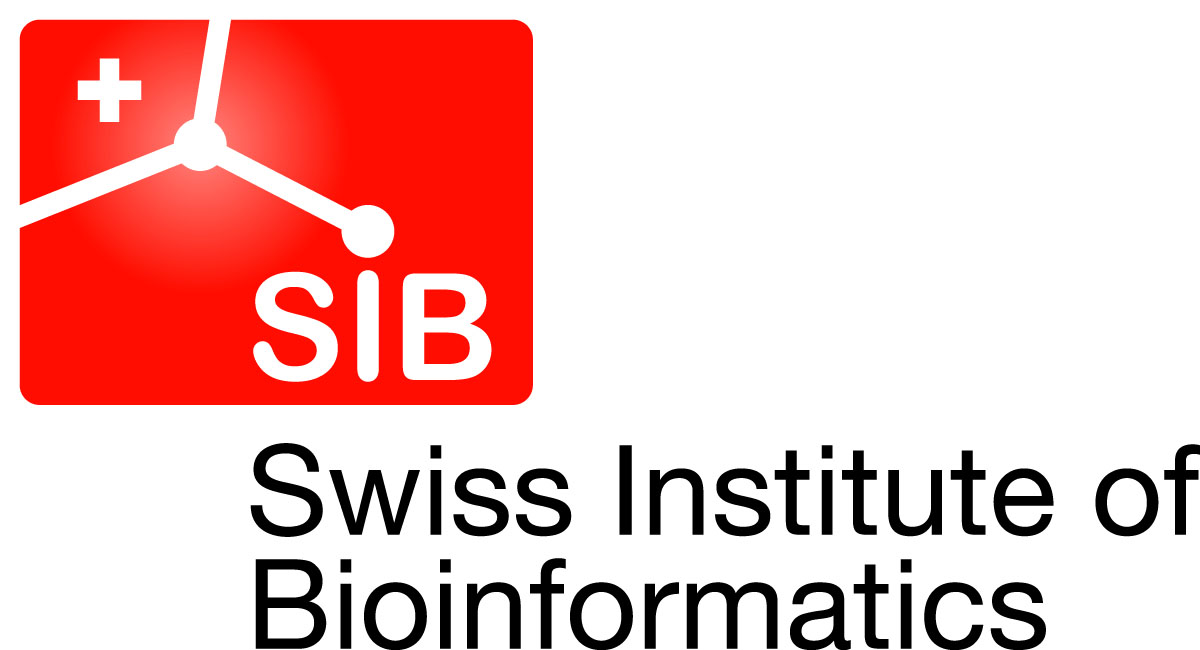Search results
-
Adding Schema.org to a GitHub Pages site
schemaorg, TeSS, GitHub pages -
course materials
Introduction to GitHub for chemists
• beginnerGit GitHub -
Training materials
Introduction to GitHub
 • beginnerGitHub Reproducibility
• beginnerGitHub Reproducibility -
lessons
Version Control with Git
• beginnerVersion control Git GitHub Version Control -
Tutorial
Introducción a Git y GitHub
• beginnerGit GitHub Version control -
hands-on tutorial
Introduction to Git and Github
 • beginnerSoftware engineering Git Github Version control
• beginnerSoftware engineering Git Github Version control -
Training materials
Beginners introduction to Git and GitHub
 • beginnerGit GitHub control version Reproducibility
• beginnerGit GitHub control version Reproducibility -
fhdsl/GitHub_Automation_for_Scientists
Workflows Reproducibility Version control
-
StevenVB12/stevenvb12.github.io
Comparative genomics Genomics
-
Recorded webinar
PDBe tools in GitHub
Software engineering
-
coderefinery/github-without-command-line
Version control
-
slides
Contributing with GitHub via command-line
 • beginnerContributing to the Galaxy Training Material
• beginnerContributing to the Galaxy Training Material -
slides
Contributing with GitHub via command-line
 • beginnerContributing to the Galaxy Training Material
• beginnerContributing to the Galaxy Training Material -
e-learning
Contributing with GitHub via its interface
 • beginnerContributing to the Galaxy Training Material
• beginnerContributing to the Galaxy Training Material -
lessons, e-learning
Introduction to Data Management Practices - Versioning of data and code using Git
 • beginnerData management FAIR data Software engineering RStudio CONVERGE README
• beginnerData management FAIR data Software engineering RStudio CONVERGE README -
Training materials
Adding schema.org to a GitHub Pages site
• beginnerComputer science Mark-up Bioschemas Interoperability -
e-learning
Best practices for workflows in GitHub repositories
 • beginnerFAIR Data, Workflows, and Research jupyter-notebook ro-crate
• beginnerFAIR Data, Workflows, and Research jupyter-notebook ro-crate -
hands-on tutorial
Versioning code and documentation with Git & GitHub
 • beginnerR script Software engineering data visualisation programming
• beginnerR script Software engineering data visualisation programming -
RSE-Sheffield/git-github-zero-to-hero
Version control
-
carpentries-incubator/collaborative-git-and-github-lesson
Version control
-
Presentation
Reproducible data analysis with RStudio, github and Rmarkdown
Data architecture, analysis and design Data management Data analysis
-
e-learning
Running the GTN website online using GitHub CodeSpaces
 • beginnerContributing to the Galaxy Training Material
• beginnerContributing to the Galaxy Training Material -
e-learning
Contributing to the Galaxy Training Network with GitHub
 • beginnerContributing to the Galaxy Training Material
• beginnerContributing to the Galaxy Training Material -
Make Your Research FAIRer with Quarto, GitHub and Zenodo
 • beginnerFAIR data management reproducible research
• beginnerFAIR data management reproducible research -
Tutorial
Contributing to the Galaxy Training Material - Contributing with GitHub via command-line

-
Tutorial
Contributing to the Galaxy Training Material - Contributing with GitHub via its interface

-
Workshop, Presentation, hands-on tutorial
FEGA Metadata Technical Deep Dive
•• intermediateValidation linked data json JSON-LD JSON Schemas Federated EGA FEGA FAIR principles Metadata validation EGA … -
E-Learning, Training materials
Biology meets Programming - Introduction to Bioinformatics using Python
 • beginnerBioinformatics Biology Python Python biologists Programming Data Analysis Sequence Analysis
• beginnerBioinformatics Biology Python Python biologists Programming Data Analysis Sequence Analysis -
BD2K Data Science Open Educational Resources (OERs)
Ontology Biocuration Curation Identifiers Standards
-
jhudsl/Adv_Reproducibility_in_Cancer_Informatics
Data management Docker Reproducibility Version control
-

Glittr.org
Glittr (https://glittr.org) is a web application that helps you find and compare bioinformatics training materials on GitHub and GitLab.
754 training materialsGlittr.org https://glittr.org https://86.50.228.192/content_providers/glittr-org Glittr (https://glittr.org) is a web application that helps you find and compare bioinformatics training materials on GitHub and GitLab. /system/content_providers/images/000/000/692/original/logo-with-domain.png?1698843802 -

Danish National Health Data Science Sandbox
The Health Data Science Sandbox is a national project coordinated by the Center for Health Data Science at the University of Copenhagen. Advisors and project data scientists are located at five Danish universities. We are building a data science sandbox for students and...
5 training materialsDanish National Health Data Science Sandbox https://hds-sandbox.github.io https://tess.elixir-europe.org/content_providers/danish-national-health-data-science-sandbox The Health Data Science Sandbox is a national project coordinated by the [Center for Health Data Science](https://heads.ku.dk/) at the University of Copenhagen. Advisors and project data scientists are located at five Danish universities. We are building a data science sandbox for students and researchers that contains non-person-sensitive datasets spanning key health data domains – electronic health records, omics data such as genomics and transcriptomics, images, and wearable device data. Datasets are sourced from public databases or generated via privacy-preserving approaches to synthetic health data. We are building modules that pair topical datasets with recommended analysis tools, pipelines, and learning materials/tutorials in a portable, containerized format. Our initial aim is to support university courses and programs in health data science and personal medicine, with broader environment access for researchers and university students planned in the future. Our sandbox for exploring health data science techniques will allow low-stakes guided learning and development followed by a smooth transition to a secure environment where users’ knowledge and tools can be applied to sensitive data. The sandbox environment is hosted on Danish supercomputers providing compute power while modules are publicly accessible on [GitHub](https://github.com/hds-sandbox). We thank the Novo Nordisk Foundation for funding support via the Data Science Research Infrastructure initiative. /system/content_providers/images/000/000/669/original/logo.png?1678825482
